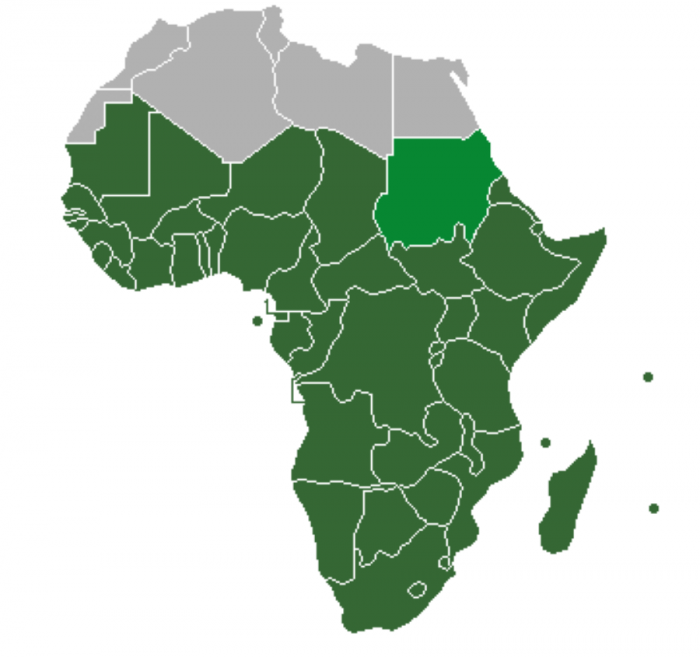By Olusoji Daomi Esq
In the tumultuous landscape of African geopolitics, South Africa stands as a beacon of hope and expectation. With a storied history of overcoming internal strife and championing human rights, the nation is uniquely positioned to lead efforts towards peace and stability across the continent. However, recent events have cast doubt on the direction of South Africa’s foreign policy and its commitment to resolving conflicts within the framework of the African Union (AU).
The conflict in Sudan serves as a poignant reminder of the urgent need for regional intervention. The power struggle between President Gen. Abdel Fattah al-Burhan and Vice President Gen. Mohamed Hamdan Dagalo (Hemedti) has resulted in devastating civilian casualties, exceeding 30,000 lives lost. This is on African soil. Despite its historical role in advancing human rights, South Africa’s relative silence on the Sudanese crisis is disconcerting. While legal actions against Israel at the International Court of Justice (ICJ) may have their merits, a failure to address internal conflicts within the African Union framework undermines South Africa’s credibility as a regional leader.
The recent bilateral agreement between Ethiopia and Somaliland, met with opposition from Somalia, underscores the fragility of peace in the Horn of Africa. Similarly, the unresolved dispute over Western Sahara continues to simmer, with Morocco and Algeria at loggerheads. South Africa’s muted response to these conflicts raises questions about its commitment to proactive peacemaking efforts within the region. It is imperative for South Africa to engage in proactive diplomacy, utilizing its influence within the AU to mediate and de-escalate tensions.
The Israeli-Palestinian conflict, fraught with complexities, demands a nuanced approach. While condemning the loss of civilian life and condemning the actions of Hamas, it is crucial to acknowledge the context of a state (Israel) defending itself against a designated terrorist organization (Hamas), sponsored by Iran. With Hamas responsible for the deaths of over 1,500 civilians and the abduction of more than 300 individuals, including over 100 still held hostages, enduring deplorable conditions of rape and torture, the gravity of the situation cannot be understated. The characterization of this conflict as genocide by South Africa appears, in my view, misguided and warrants reassessment. It is imperative for South Africa to adopt a balanced stance, recognising the complexities of the situation and engaging in constructive dialogue towards a peaceful resolution.
South Africa’s historic fight against apartheid positions it as a potential champion of human rights and peace. However, to reclaim its moral authority, South Africa must prioritise regional conflicts and engage in proactive diplomacy within the framework of the African Union. Selective outrage and neglecting conflicts within its sphere of influence undermine South Africa’s role as a leader in African conflict resolution. A balanced, measured approach is essential to foster a more peaceful and prosperous Africa.
In conclusion, South Africa’s role in African conflict resolution is pivotal and must be approached with diligence and consistency. By prioritising regional conflicts, engaging in proactive diplomacy, and adopting a nuanced stance on complex issues, South Africa can reclaim its position as a champion of peace and stability in Africa. The time for action is now, and South Africa must rise to the occasion, embodying the spirit of ubuntu and solidarity that defines its history and identity.


